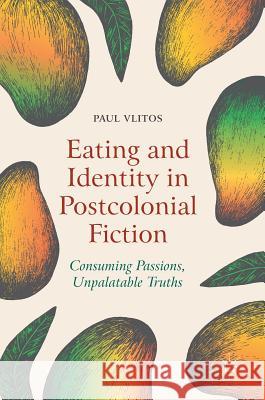Eating and Identity in Postcolonial Fiction: Consuming Passions, Unpalatable Truths » książka
topmenu
Eating and Identity in Postcolonial Fiction: Consuming Passions, Unpalatable Truths
ISBN-13: 9783319964416 / Angielski / Twarda / 2018 / 330 str.
Kategorie:
Kategorie BISAC:
Wydawca:
Palgrave MacMillan
Język:
Angielski
ISBN-13:
9783319964416
Rok wydania:
2018
Wydanie:
2018
Ilość stron:
330
Waga:
0.55 kg
Wymiary:
21.01 x 14.81 x 2.06
Oprawa:
Twarda
Wolumenów:
01
Dodatkowe informacje:
Wydanie ilustrowane











